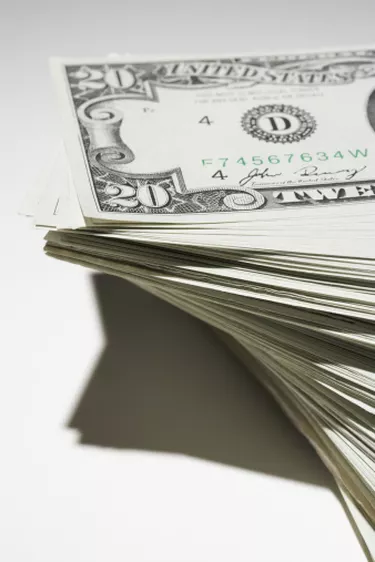
If you need to send money to someone, or do not have a checking account, a money order can be very useful. Money orders are similar to checks and are usually viewed and treated as cash. However, unlike checks, they do not require clearance or processing through a bank. For a money order to be cashed, it must have a payee.
Money Orders
Video of the Day
Money orders are financial instruments issued by a bank or other institution that allow the person whose name appears on the money order to receive the value of the money order in cash on demand. Money orders can be purchased for values to the penny, and may be for as much as several thousand dollars. They can usually be purchased for a few dollars or less, however, when cashing a money order the payee does not typically pay a fee.
Video of the Day
Terms
There is no expiration date for a money order. Depending on the state you live in and the location where the money order is redeemed, you may be required to pay a service fee to cash your money order if the purchase date on the money order is more than one to three years old. In addition, if you redeem your money order at an institution other than a bank, such as a U.S. postal center or check cashing center, your ability to cash you money order may depend on how much cash the center has available.
Payee
To cash a money order, the identity of the payee, or recipient, must be written on the front of the money order. In addition, the back of the money order should be signed by that payee in the presence of the cashing institution's cashier. The payee is also required to present a government-issued ID, which should have a matching signature to that found on the back of the money order. You cannot change the name of a payee on a completed money order.
Purchasing
Money orders can be purchased at a variety of locations, including banks, shopping centers, convenience stores and the U.S. post office. Some institutions require cash for money order purchases, however, many larger institutions allow buyers to use credit or debit cards.